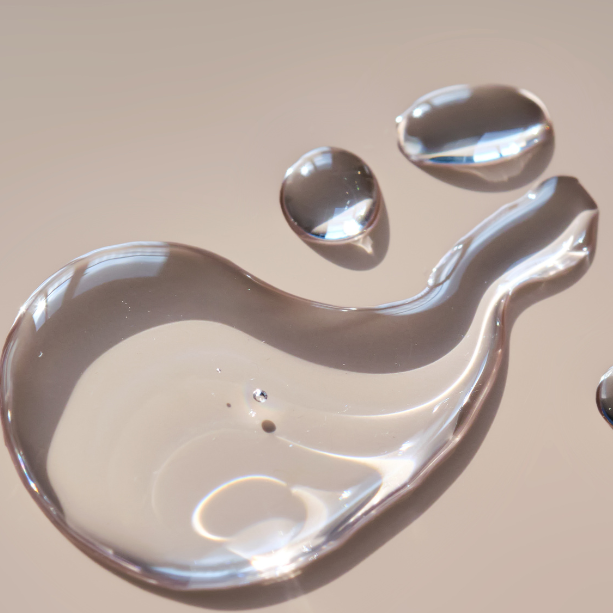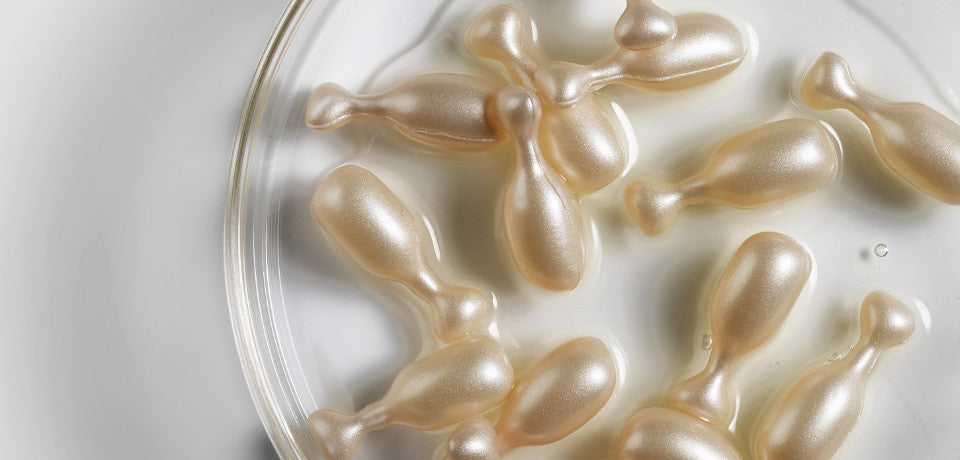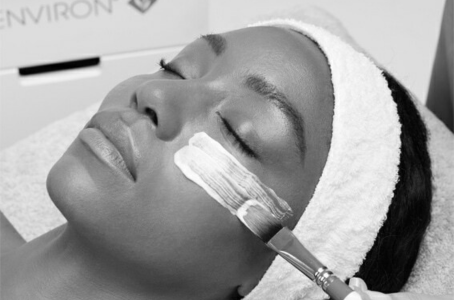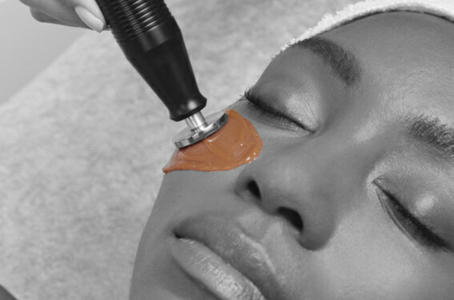Dehydrated skin is often confused with dry skin, but they are distinct conditions. Dehydrated skin means your skin is lacking water. It can be dry and itchy, under-eye circles, sunken eyes and/or more noticeable fine lines. on the other hand, water isn’t the problem. Dry skin is a skin type, like oily or combination skin, where the complexion lacks oils, or lipids, so it takes on a more flaky, dry appearance.

What effects dry skin?
Weather: Cold temperatures, dry air, and central heating reduce natural moisturising factors (NMFs), causing skin to become dry, rough, and flaky.
Age and Hormonal Changes:As we age, hormonal changes (like lower estrogen levels in women) can cause skin to become drier. Fatty acids, particularly ceramides, decrease with age, especially in winter.
Diet for Skin Hydration:To combat dehydration, oral hydration and water-rich foods (e.g., watermelon, strawberries, cucumber) are important.
Tips to promote skin hydration
Moisturiser:
Avoid overly rich creams during winter as they can disrupt the skin’s natural moisturising process. Use appropriate moisturisers and boosters to maintain hydration without overloading the skin.
Vitamin A for Hydration:
Vitamin A-based creams (like Environ's Skin EssentiaA or Youth EssentiaA) help boost ceramide and keratin production to support hydration levels.
Exfoliation with Caution:
Harsh scrubs can damage the skin's protective layer. Opt for exfoliators with AHAs that dissolve dead skin cells gently without disrupting the skin barrier.
Cleansing Routine:
Use mild, oil-based cleansers (e.g., Environ Mild Cleansing Lotion) to avoid stripping natural lipids from the skin.
Alongside maintaining a gentle, vitamin-rich skincare routine we offer professional skincare treatments to promote skin hydration.






